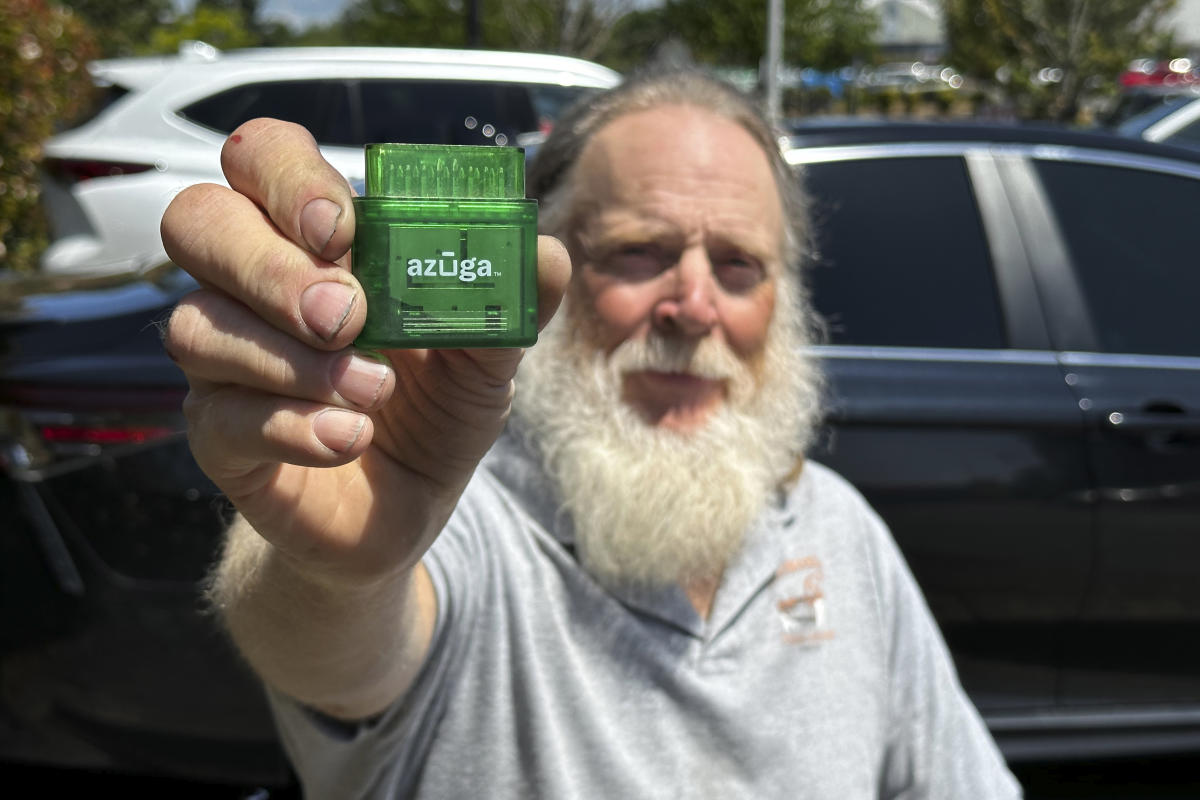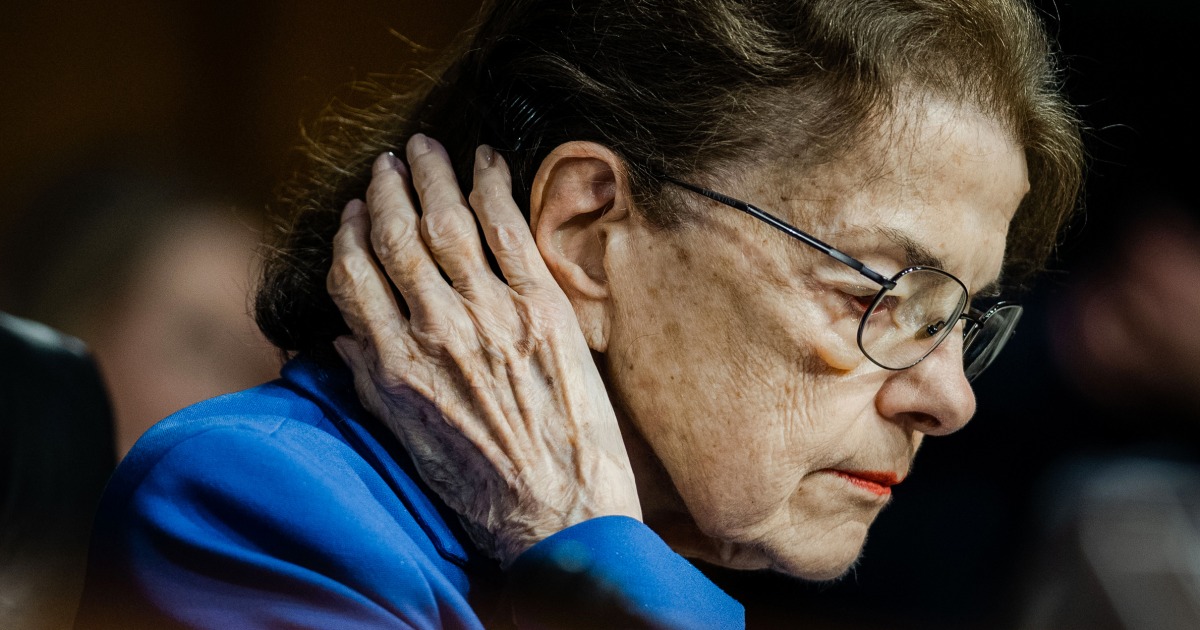#As fuel taxes plummet, states weigh charging by the mile instead of the tank

Margaret Burroughs, 85, said she has no intention of inserting a tracking device on her Nissan Murano to record the miles she drives to get groceries or attend needlepoint meetings. She figures it’s far less hassle to just pay at the pump, as Americans have done for more than a century.
“It’s probably a good thing, but on top of everybody else’s stress today, it’s just one more thing,” she said of Oregon’s first-in-the-nation initiative, which is run by the state transportation department where her son serves as a survey analyst.
Burroughs’ reluctance exemplifies the myriad hurdles U.S. states face as they experiment with road usage charging programs aimed at one day replacing motor fuel taxes, which are generating less each year, in part due to fuel efficiency and the rise of electric cars.
The federal government is about to pilot its own such program, funded by $125 million from the infrastructure measure President Biden signed in November 2021.
So far, only three states — Oregon, Utah and Virginia — are generating revenue from road usage charges, despite the looming threat of an ever-widening gap between states’ gas tax proceeds and their transportation budgets. Hawaii will soon become the fourth. Without action, the gap could reach $67 billion by 2050 due to fuel efficiency alone, Boston-based CDM Smith estimates.
Many states have implemented stopgap measures, such as imposing additional taxes or registration fees on electric vehicles and, more recently, adding per-kilowatt-hour taxes to electricity accessed at public charging stations.
Last year, Colorado began adding a 27-cent tax to home deliveries from Amazon and other online retailers to help fund transportation projects. Some states also are testing electronic tolling systems.
But road usage charges — also known as mileage-based user fees, distance-based fees or vehicle-miles-traveled taxes — are attracting the bulk of the academic attention, research dollars and legislative activity.
Doug Shinkle, transportation program director at the nonpartisan National Conference of State Legislatures, predicts that after some 20 years of anticipation, more than a decade of pilot projects and years of voluntary participation, states will soon need to make the programs mandatory.
“The impetus at this point is less about collecting revenue than about establishing these systems, working out the kinks, getting the public comfortable with it, expanding awareness around it,” he said.
Electric car sales in the U.S. rose from just 0.1% of total car sales in 2011 to 4.6% in 2021, according to the U.S. Bureau of Labor Statistics. S&P Global Mobility forecasts they will make up 40% of the sales by 2030, while other projections are even rosier.
Patricia Hendren, executive director of the Eastern Transportation Coalition, said figuring out how to account for multistate trips is particularly important in the eastern U.S., where states are smaller and closer together than those in the West. Virginia’s program, launched in 2022, is already the largest in the nation and will provide valuable lessons, she said.
Hendren’s organization, a 17-state partnership that researches transportation safety and technology innovations, participated in one of the earliest pilot projects and eight others since. The biggest hurdle, she said, is to inform the public about the diminishing returns from the gas tax that has long paid for roads.
“This is about the relationship between the people who are using our roads and bridges and how we’re paying for it,” Hendren said. “We’ve been doing it one way for 100 years, and that way is not going to work anymore.”
Eric Paul Dennis, a transportation analyst at the Citizens Research Council of Michigan, said the failure of states to convert years of research into even one fully functional, mandatory program by now raises questions about whether road usage charging can really work.
“There’s no program design that I have seen that I think can be implemented at scale in a way that is publicly acceptable,” he said. “That doesn’t mean that a program can’t be designed to do so, but I feel like if you can’t even conceive of the program architecture that seems like something that would work, you probably shouldn’t put too much faith in it.”
Indeed, a chicken-and-egg dispute over how to proceed in Washington state has stymied road usage charging efforts there.
Lawmakers passed a bill last month that would have begun early steps toward a program by allowing collection of motorists’ odometer readings on a voluntary basis. Democratic Gov. Jay Inslee vetoed the measure, though, arguing that Washington needs a program in place before starting to collect citizens’ personal data.
States also must grapple with the social and environmental implications of their plans for replacing the gas tax, said Asha Weinstein Agrawal, director of the National Transportation Finance Center at San Jose State University’s Mineta Transportation Institute.
The institute has conducted national surveys every year since 2010 and found growing support for mileage-based fees, special rates for low-income drivers and rates tied to how much pollution a vehicle generates, she said.
Weinstein Agrawal said public policy, and the way transportation is funded, often fails to reflect states’ growing emphasis on curbing carbon emissions as a way to deal with climate change.
“To switch over to a system that makes it cheaper to drive a gas guzzler and more expensive to drive a Prius,” she said, “seems both symbolically problematic and to be sending, in the most literal way, the wrong economic incentives to people.”
Evan Burroughs said his 85-year-old father, Hank, who drives an electric car, avoids paying significant vehicle registration fees by participating in Oregon’s program, while Burroughs himself has paid an extra dollar or two each month for his Subaru Outback.
“To me, that’s worth it to be part of the experiment,” he said, “and to know I’m paying my fair share for the roads.”
If you liked the article, do not forget to share it with your friends. Follow us on Google News too, click on the star and choose us from your favorites.
For forums sites go to Forum.BuradaBiliyorum.Com
If you want to read more News articles, you can visit our News category.




